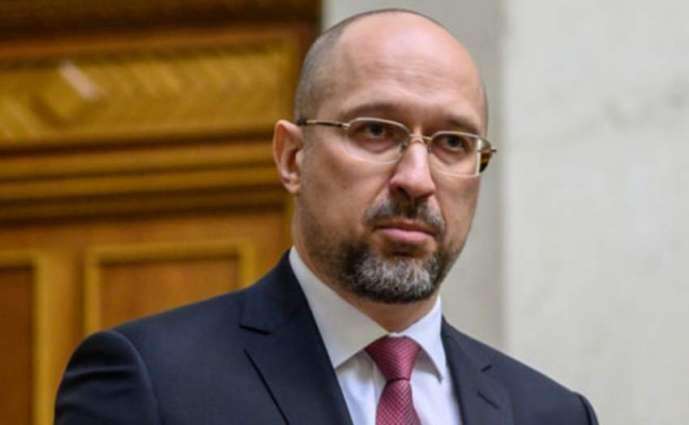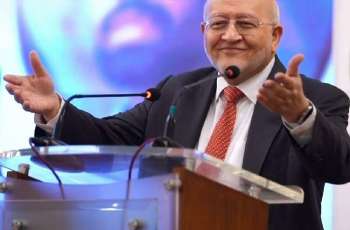Kiev praises Berlin's decision to reject the application to free the Nord Stream 2 oil pipeline project, submitted by its operator, from the implementation of the EU Gas Directive's requirements, Ukrainian Prime Minister Denys Shmyhal said on Friday
MOSCOW (Pakistan Point News / Sputnik - 15th May, 2020) Kiev praises Berlin's decision to reject the application to free the Nord Stream 2 oil pipeline project, submitted by its operator, from the implementation of the EU Gas Directive's requirements, Ukrainian Prime Minister Denys Shmyhal said on Friday.
Earlier in the day, the application submitted by the Nord Stream 2 AG, the operator of the pipeline project on carrying Russian gas to Europe, was rejected by the German Federal Network Agency. The operator had asked to be exempt from the guidelines of the renewed EU directive, which stipulates that a third-party nation cannot own both the pipeline and gas imported into the EU market unless the project was completed by May 23, 2019.
"I welcome Germany's decision to reject derogation for Nord Stream 2 of the rules of the updated EU Gas Directive. Such actions of the regulator demonstrate the commitment to uniform EU rules, regardless of the company or country. For its part, Ukraine and our gas transit system remain a reliable partner of Europe in ensuring the transit of energy resources," Shmyhal said, as quoted in a press release on the Ukrainian government's website.
The prime minister added that Kiev was implementing all of the European Union's energy market rules, as Ukraine aims to develop cooperation with the bloc in the field of energy.
The Nord Stream 2 is a joint venture between Russia's Gazprom and five European companies. The 745-mile-long twin pipeline will carry up to 1.942 trillion cubic feet of gas per year from Russia to Germany through the territorial waters or exclusive economic zones of Denmark, Finland, Germany, Russia and Sweden. A number of Western states, including the United States, have long been opposing the project.




